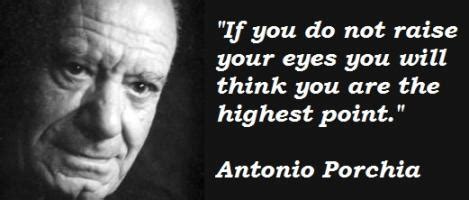A Quote by Luc de Clapiers
Our failings sometimes bind us to one another as closely as could virtue itself.
Related Quotes
We are doing well, notwithstanding all our failings and weaknesses; but the Lord would like to have us a little more diligent; he would like us to cleave a little more closely to the things of his kingdom, have more of his Spirit, and know more of him and of one another, that complete and perfect confidence can be restored.
We all get lost once in a while, sometimes by choice, sometimes due to forces beyond our control. When we learn what it is our soul needs to learn, the path presents itself. Sometimes we see the way out but wander further and deeper despite ourselves; the fear, the anger or the sadness preventing us returning. Sometimes we prefer to be lost and wandering, sometimes it's easier. Sometimes we find our own way out. But regardless, always, we are found.
After each failure, ask forgiveness, pick yourself up, and try again. Very often what God first helps us toward is not the virtue itself but just this power of always trying again. For however important chastity (or courage, or truthfulness, or any other virtue) may be, this process trains us in habits of the soul which are more important still. It cures our illusions about ourselves and teaches us to depend on God. We learn, on the one hand, that we cannot trust ourselves even in our best moments, and, on the other, that we need not despair even in our worst, for our failures are forgiven.
If one looks at all closely at the middle of our own century, the events that occupy us, our customs, our achievements and even our topics of conversation, it is difficult not to see that a very remarkable change in several respects has come into our ideas; a change which, by its rapidity, seems to us to foreshadow another still greater. Time alone will tell the aim, the nature and limits of this revolution, whose inconveniences and advantages our posterity will recognize better than we can.
Faith is not our saviour. It was not faith that was born at Bethlehem and died on Golgotha for us. It was not faith that loved us, and gave itself for us; that bore our sins in its own body on the tree; that died and rose again for our sins. Faith is one thing, the Saviour is another. Faith is one thing, and the cross is another. Let us not confound them, nor ascribe to a poor, imperfect act of man, that which belongs exclusively to the Son of the Living God.
Kind looks, kind actions, kind words, and a lovely, holy deportment towards them will bind our children to us with bands that cannot easily be broken; while abuse and unkindness will drive them from us, and break asunder every holy tie that should bind them to us and to the everlasting covenant in which we are all embraced.
It is the delight of vulgar talent to dazzle and to bind the beholder. But true genius seeks to defend us from itself. True geniuswill not impoverish, but will liberate, and add new sense. If a wise man should appear in our village, he would create, in those who conversed with him, a new consciousness of wealth, by opening their eyes to unobserved advantages; he would establish a sense of immovable equality, calm us with assurances that we could not be cheated; as every one would discern the checks and guarantees of condition.




































